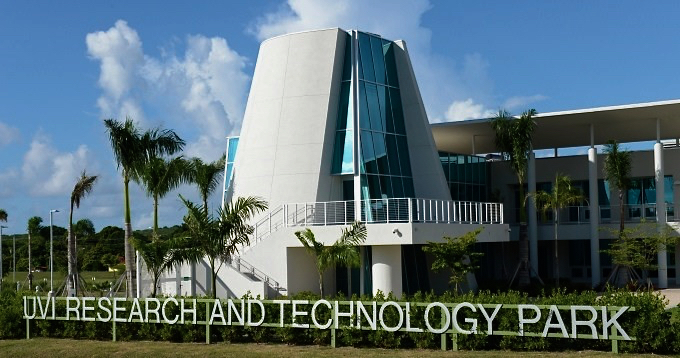The fight for a free and open Internet continues with the rise of support against ACTA, the Anti-Counterfeiting Trade Agreement. ACTA is an international trade agreement that is currently being negotiated by the United States, the European Union, Japan, Canada, South Korea, and several other countries around the world.
The central core behind the idea of ACTA is to protect intellectual property on an international scale. The goal is to prevent international industries from creating fraudulent imitations of trademarked information and selling these imitations making a profit. The problem with copyright law and Internet is that when a piece of information is copied digitally, it is an exact replica of the original; not an imitation. Since the original piece of content is not removed or changed in anyway the copied content is not technically “stolen,” but is instead being shared freely across the web.
Although this is certainly an issue for the content creators and needs to be solved, ACTA is too vague in scope and never actually defines “intellectual property;” leaving Internet users open to unreasonable arrests, fines, and imprisonment. Similar to SOPA and PIPA, those backing ACTA have a gross misunderstanding of the Internet and how it works. For more information visit the Electronic Frontier Foundation.
[youtube id=”N8Xg_C2YmG0″ width=”600″ height=”350″]








